Dogs may stand on four legs and spend an inordinate amount of time with their noses up each other’s bottoms, but their hormones function similarly to ours. Hormones are chemicals released by glandular tissue in the body, and they control the actions of certain organs and cells. They play a huge part in the physiology and functioning of the body, influencing everything from behavior to growth and metabolism. You may recognize a few hormones: estrogen, testosterone, thyroid hormone, insulin, and cortisol. These all act on different parts of the body to induce certain effects.
When hormones become imbalanced, it produces a range of diseases in the body. Hypothyroidism, hyperadrenocorticism (Cushing’s disease), hypoadrenocorticism (Addison’s disease), and diabetes are all manifestations of hormones acting up. There are three possible causes of hormone imbalance in the body: over-production of a hormone, under-production of a hormone, or the inability of the hormone to function correctly.
Read on to learn more about the signs of hormonal imbalance in dogs and what you can do about it.

The 9 Signs of Hormonal Imbalance in Dogs
1. Symmetrical Hair Loss
Hair loss, or “alopecia,” is common with many hormone disorders. The pattern of alopecia will differ from other causes of hair loss, such as skin disease and trauma, in that the hair loss is often generalized on both sides of the body and is symmetrical. With skin diseases, including parasites and allergies, hair loss is usually irregular and patchy.
Symmetrical hair loss, especially when coinciding with other clinical signs, will often prompt concern for a possible issue with the endocrine system. Usually, once the underlying condition is treated, the hair growth will resume.

2. Increased Urination and Thirst
When a veterinarian asks you whether there have been any changes to your pet’s thirst and urination behaviors, it is usually so that multiple illnesses can either be confirmed or ruled out. The medical terms for increased thirst and urination are “polydipsia” and “polyuria” and can indicate a few possible diseases relating to hormone imbalances, such as Cushing’s disease and diabetes.
If there have been changes in your dog’s drinking and toileting habits, the next step is usually to test their urine and to take a blood sample to check for any underlying disease.
3. Increased or Decreased Appetite
A change in appetite can indicate several hormonal disorders. You may see a voracious appetite in those dogs afflicted by diabetes, as their body simply cannot transport glucose into their cells because they are deficient in insulin (the hormone essential for transporting glucose from the bloodstream and into the cell), and since the cells are energy deficient, the body (despite eating) is starving.
You may see a decreased appetite in those with hypothyroidism or Addison’s disease. Essentially, if you notice any changes in your dog’s appetite, even if they seem hungrier than normal, and it is associated with any other clinical sign, it is worth getting them checked out by your veterinarian.

4. Weight Loss or Weight Gain
Hormones have a direct effect on metabolism. For example, producing too much or too little thyroid hormone can cause the metabolism to work too fast or slow down. When not enough thyroid hormone is secreted and the metabolism slows, this can result in weight gain despite having a decreased appetite.
Conversely, diseases like diabetes can result in significant weight loss despite an increased appetite. So, a weight change that is sudden, unexpected, and unrelated to purposeful diet changes or caloric alteration is definitely a cause for concern.
If your dog is showing any of these signs and you are seeking the best possible treatment for your pup, we recommend speaking with a vet.
If you need to speak with a vet but can't get to one, head over to PangoVet. It's our online service where you can talk to a vet online and get the advice you need for your dog — all at an affordable price!

5. Scaly or Dry Skin
Evidence of a hormone imbalance can be seen on a dog’s skin. For example, one function of reproductive hormones is to stimulate oil glands in the skin. When there are low sex hormones in the body, the skin can become dry and flaky. The same can be said for hypothyroidism.
When the metabolism is downregulated, so too are the sweat glands, which can cause dry skin. So, if your dog has dry, flaky skin that isn’t itchy or the result of allergies or irritation, you may need to ask your vet about hormone disorders.

6. Lethargy and Weakness
Lethargy and weakness are common side effects of certain hormone imbalances in dogs: low blood sugar, as seen in diabetes; low production of stress hormones, as seen in Addison’s disease; and a reduced metabolic rate, as seen in hypothyroidism. In some dogs, it can occur as sudden onset fatigue and in cases of Addison’s disease, even present as acute collapse.
However, in other dogs, it can be more subtle. It will usually but not always coincide with other clinical signs, such as increased thirst, weight loss or gain, and changes in appetite.
7. Pot-Bellied Appearance
Several conditions can result in a pot-bellied dog. Bloating, fluid distension, worms, and even hypothyroidism can all result in a rotund abdomen. However, a common culprit is Cushing’s disease or hyperadrenocorticism. It results in the overproduction of the stress hormone, cortisol, usually due to a tumor in a part of the brain called the pituitary gland.
Excess cortisol in the body results in increased fat storage and muscle weakness. That leads to increased fat in the abdomen and weaker abdominal muscles, resulting in a pot belly and an indication that the dog’s hormones may be acting up.

8. Change in Coat Color
Certain imbalances of the sex hormones in dogs may cause their fur to change color. While it may be quite a novelty for your dog to go from blonde to brunette or vice versa, sudden changes to their coat could be a red flag for their hormonal health. Hypothyroidism can also cause changes to a dog’s coat, including in pigmentation.
That said, a change in coat color can be normal as a dog ages, especially after they shed their puppy coat. If this isn’t accompanied by other clinical signs, it is likely that you don’t have to worry about there being an underlying health issue.
9. Aggression
Elevated sex hormones can result in aggression. We tend to think of testosterone as being the influencing factor on aggression in male dogs, but recent studies are showing that it is likely a cocktail of hormonal factors that influence canine aggression, such as oxytocin (commonly known as the love and bonding hormone), and vasopressin (the hormone responsible for water retention in the body).
Research continues to progress in this field, and the hope is to have a better understanding of how the aggression trait is made by the body and how it can be controlled in dogs whose lives are negatively impacted because of it.
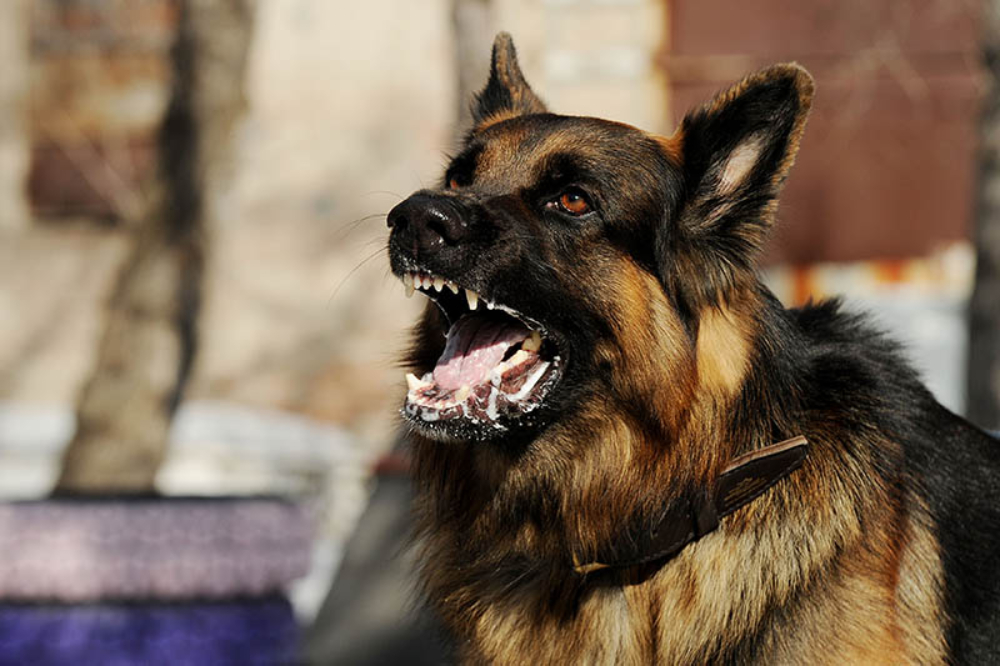

How Are Hormonal Imbalances in Dogs Treated?
When a specific diagnosis of the hormonal imbalance is achieved by your veterinarian, certain medications and therapies tailored to that disease can be given, whether that is replacing a hormone or stopping the body from producing too much of it.
For example, patients with diabetes will be given daily injections of insulin, dogs with an underactive thyroid will be given a synthetic thyroid hormone to take daily, and dogs with Cushing’s disease will require a medication that reduces the production of cortisol in the adrenal gland. For most of these illnesses, lifelong monitoring and treatment are required.

Conclusion
Since hormones play such a big part in the almost miraculous biological workings of the body, when they are imbalanced, it manifests as a wide variety of clinical signs. Hormones are complicated and sensitive molecules and when not functioning optimally, can wreak havoc in the body.
Hopefully, you now feel better equipped to have a chat with your veterinarian about your dog’s hormonal health if they are showing any of these signs.
- Related Read: Hyperthyroidism in Dogs
Featured Image Credit: Yavdat, Shutterstock


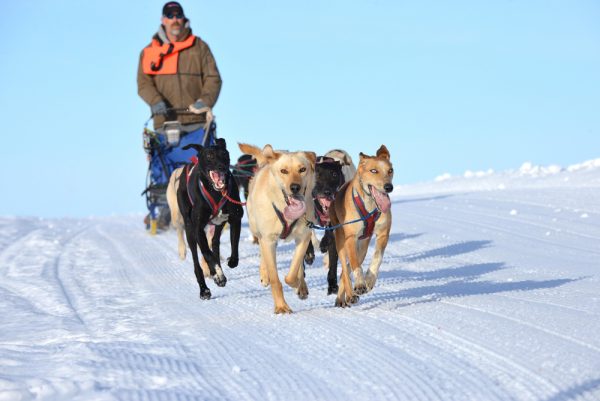
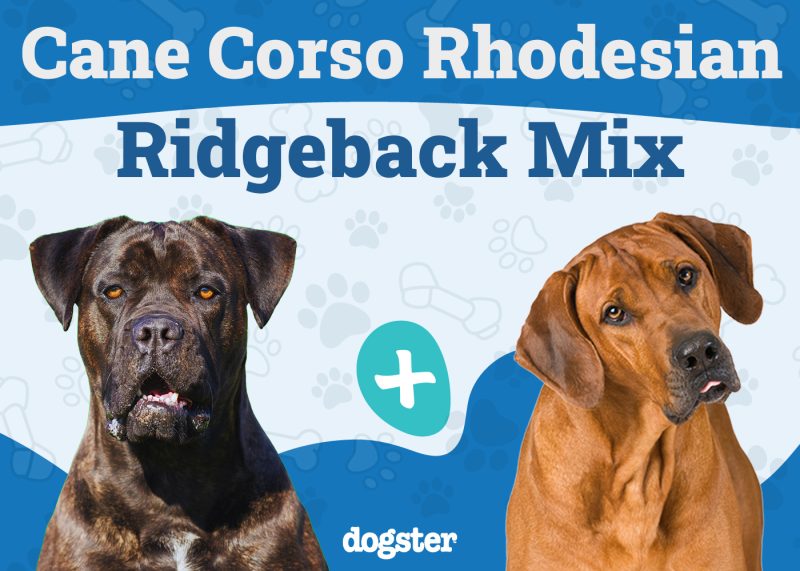

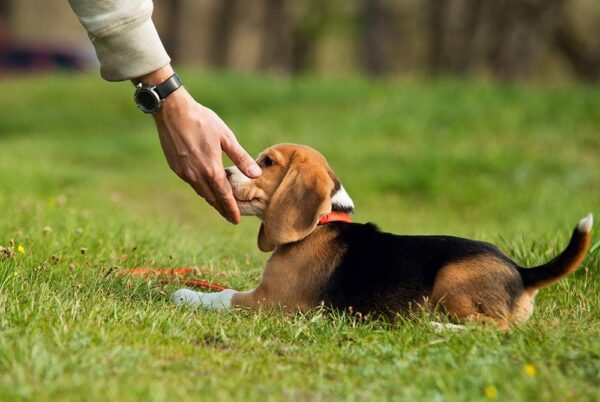
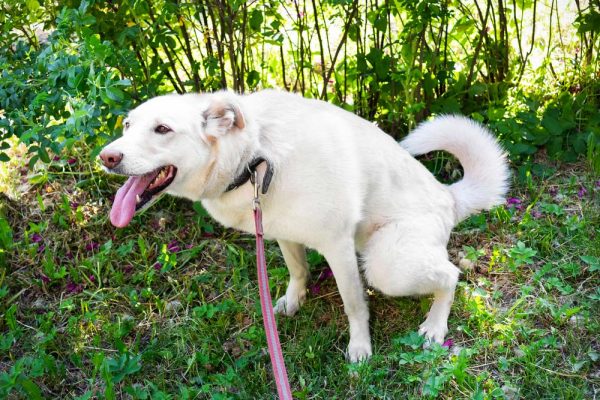


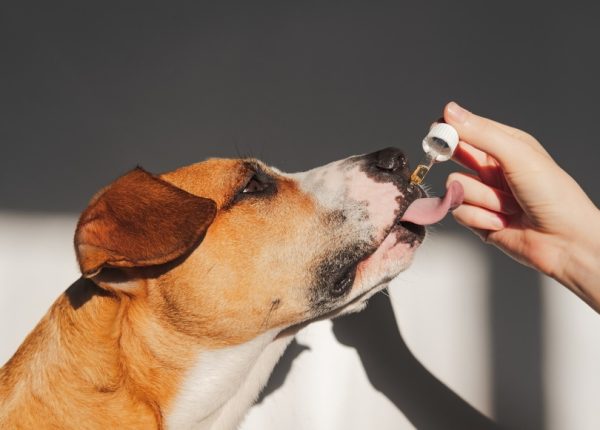











10 Responses
I have a 4 1/2 year old Whippet. Not sure if mixed. She has been becoming more aggressive. She sleeps with us and will jump to attack even though there is no movement from us. She usually grabs onto my hair and pulls me down. It has been getting worse. She will also just attack out of no where and no triggers. Afterwords, she seems to feel bad that she attai. Sometimes though, it is like she doesn’t even know she attacked. I need help. Everyone keeps telling me I need to put her down but I just love her so much.
Hello Misty,
Sorry for a bit of a late answer. Thank you very much for your message, although we are very sorry to hear about your Whippet's issues. Although there may not be any obvious triggers, it is possible that something in her environment or health may have changed.
Since the situation seems to be rather serious, the best course of action here would be contacting a veterinarian. We recently launched a veterinary telehealth service called PangoVet.com where you can talk with one of our professional veterinarians on a video-call. They will gladly consult your dog's behavior and help you identify triggers and what you can do to help. Just head to https://www.pangovet.com and book an appointment.
My 10 months old labrador puppy is stuck in season and has been since December , her vulva is still swollen darker in colour and she has developed breast with notacable coulor change around the nipples she's not producing milk nor is she bleeding . She is however continually washing her vulva has gained weight not sure if due to her not being able to have her off lead time . Her coat seems to be changing colour and doesn't look as shiny as before she often biting herself yet no fleas .l took her to the vets and vet gave her an injection that would help with the hormone imbalance said she needs to loose weight and she will spay her in May . The injection has not done anything & someone told me that she's to young to get spayed they also asked if vet had done urine and blood tests and l said they hadn't . Anyone got any idea what l should be doing ? Just need to be doing best for my baby.
Hi Mags, thanks for reaching out. I'm sorry to hear about your pup, I can understand why you would be so concerned. The first step would be to follow the vet's advice and help your Labrador lose weight. This breed is susceptible to weight gain, so it's important to keep them on a well-balanced diet and to make sure their exercise needs are being met. This may not fix the hormone imbalance right away, but it will certainly play a big role in your dog's quality of life over the years.
If you would like some guidance regarding nutrition and to share a few more details about your pup's condition, feel free to book a consultation with one of our vets. They will be able to answer any questions you may have and help you come up with a plan. You can schedule a video consultation with our team at https://pangovet.com. Hope this helps!
Hi Joe
I have a 2yo JRT, she had her 2nd/3rd season 4\5 weeks ago. About 2\3 weeks ago, she started trembling, shaking, and in some cases quite violently, she stopped jumping on the sofa/bed, and stopped playing with my other dogs. She is either very cautious around food, or snaps at it, she is also snappy to my other female, larger dog. She on occasions, is unsteady on her feet, particularly her front legs. She has had a few bouts of vomiting. But on other occasions she is totally normal, she greets us and is happy to see us and she'll bark if someone comes to the door. Appart from the trembling, there are no visibale signs anything is wong.
Can you suggest anything the vet appears to be stumped?
My male dog has "got" her a couple of times, but he is desexed.
She has not left our property, or other dogs visited.
She has not lost weight, nor gained it.
Her temp is normal.
She has a heart rate of 135bmp.
Her coat is in great condition.
She has normal bowls, feeding, and watering.
Hi Joanne. I'm sorry to hear about your poor pup; that can't be easy on either of you. I would suggest having a chat with one of our vets at PangoVet. They will know what questions to ask and quite possibly have seen something similar over their career. You can book a time that is convenient for you at this link here https://pangovet.com/schedule-appointment/. 🙂
I have a Pomeranian who is suffering from symmetrical hair loss. my vet told me it is hormonial issue and If I neuter her the hair will grow again as it was before. is this correct please?
Hi Joy, in some cases, neutering can help restore hormonal balance, which may promote hair regrowth. The idea is that altering the reproductive hormone levels could positively influence the hair follicles' ability to grow hair again. However, while neutering has shown positive results in some cases, it does not guarantee hair regrowth for all dogs with symmetrical hair loss or Alopecia X.
For better chances of success, it is important to ensure the diagnosis of hormonal alopecia or Alopecia X is accurate. If you have any specific questions and wish to discuss them with a vet, please contact www.pangovet.com. Thank you very much for reading us
my dog is a Jack Russell Terrier who had to undergo emergency surgery to remove her infected uterus. the surgery saved her life but since the surgery she has lost much of her fur and she's very itchy all the time and she smells like a corn chip which tells me she has a yeast problem. she's 15 years old and the vet can't seem to keep her symptoms under control. she also acts as if she has some mental deficiency. she will just stand and stare into the oblivion. when you call her name she won't react sometimes. little things like that
Hi Darren, I’m really sorry to hear about what you and your Jack Russell Terrier are facing. It must be tough to see her struggling, especially after such a major surgery. If you want to discuss your concerns with one of our online vets, you can visit PangoVet.com. Our team of vets will be able to address any questions you have and guide you on the best plan of action for your pet. You can book a time that is convenient for you at this link here https://pangovet.com/schedule-appointment/. We look forward to speaking with and helping you and your dog. 🙂